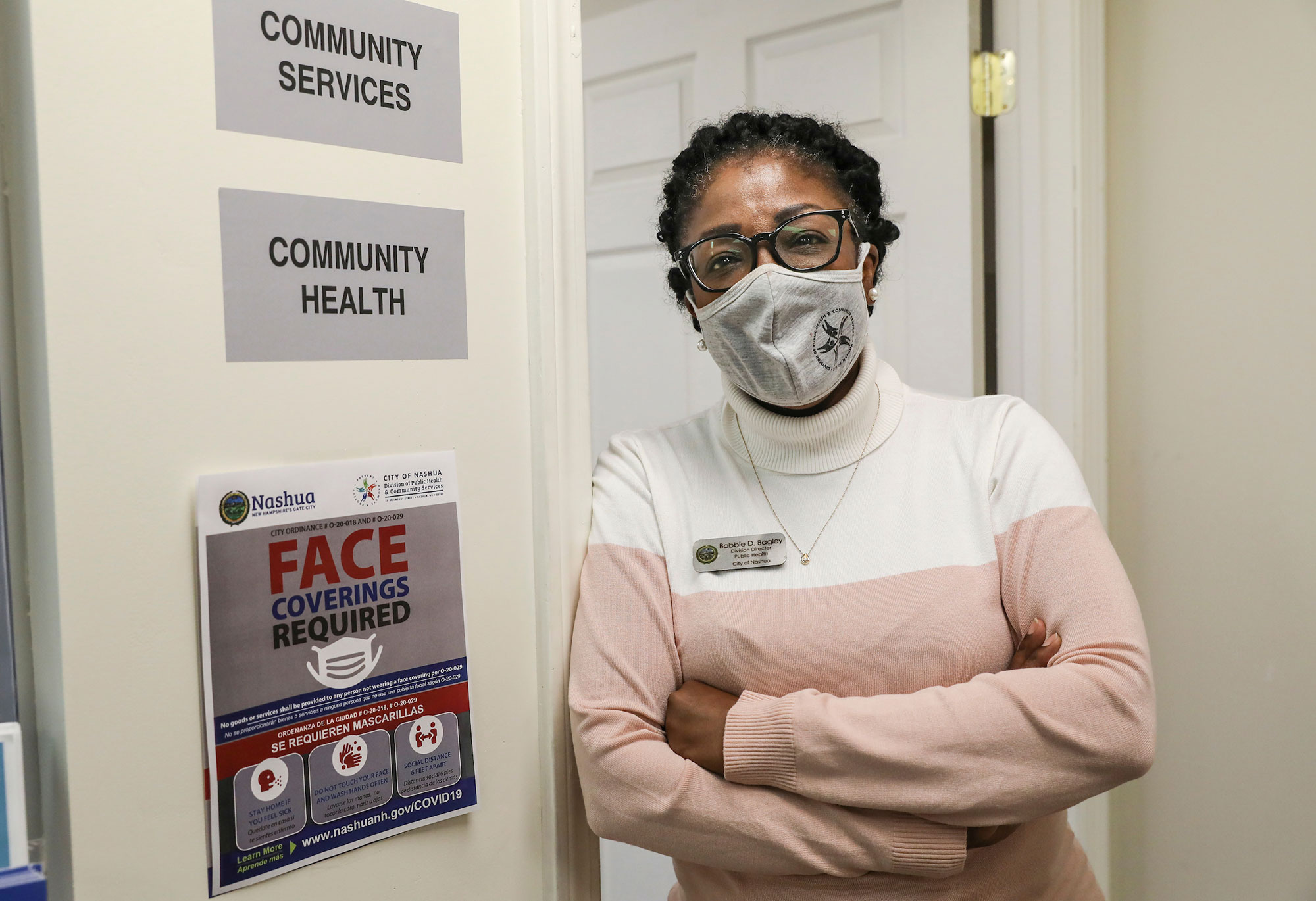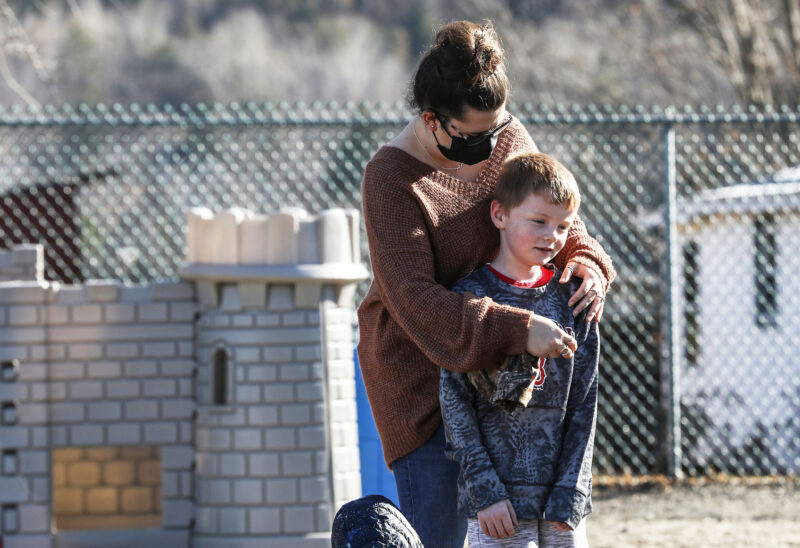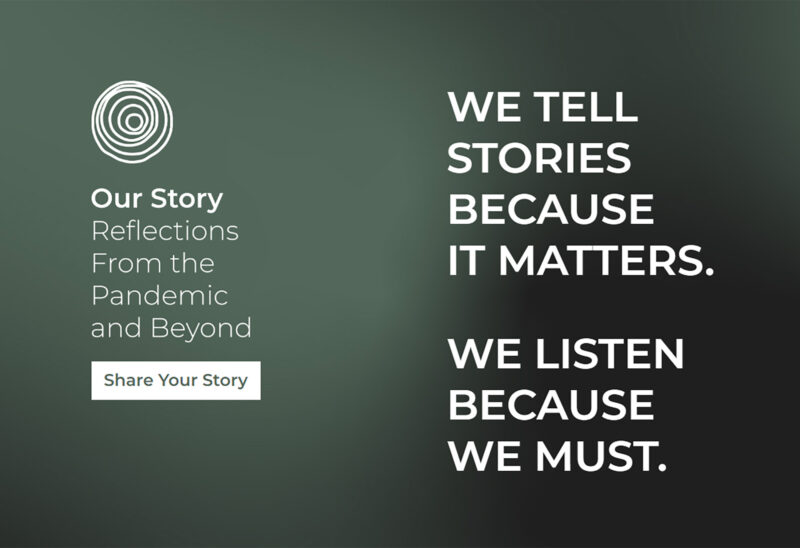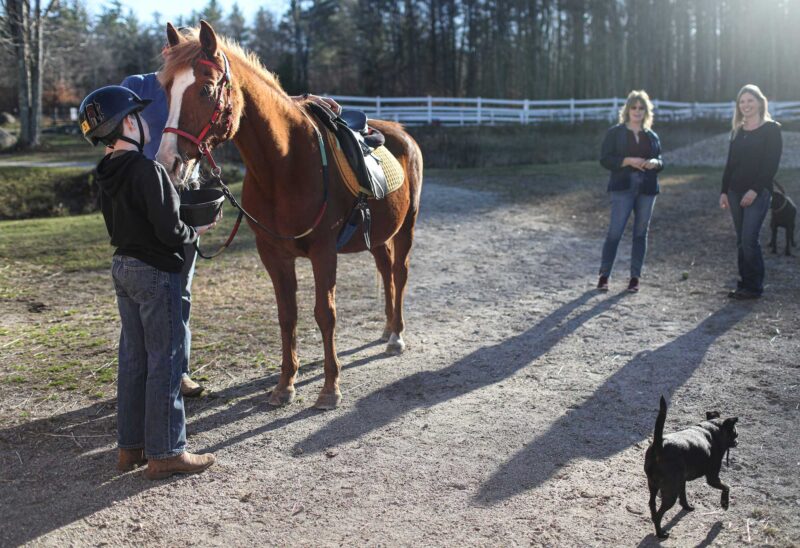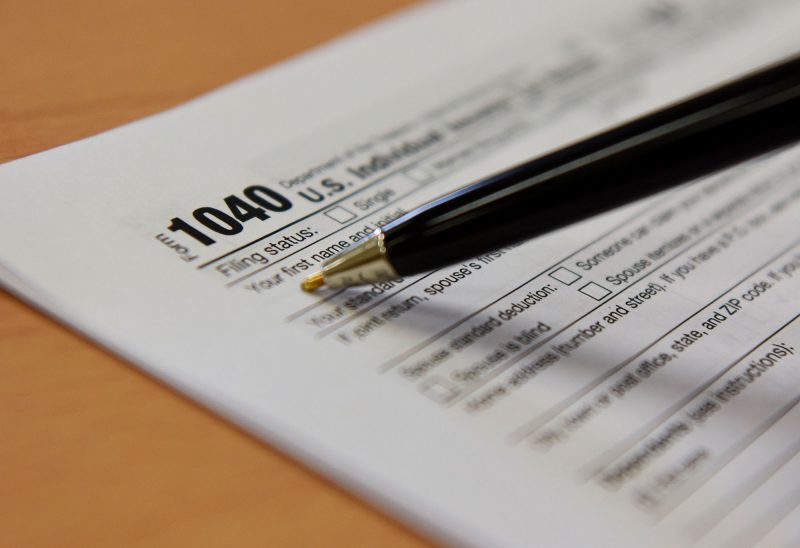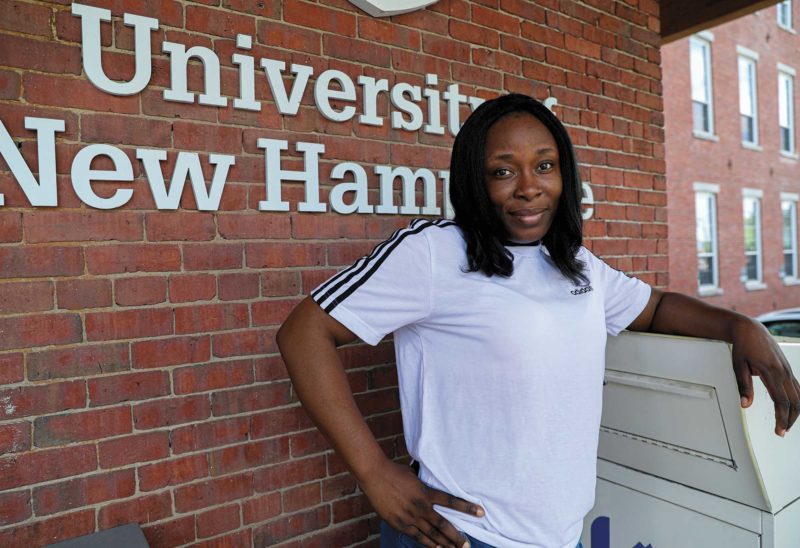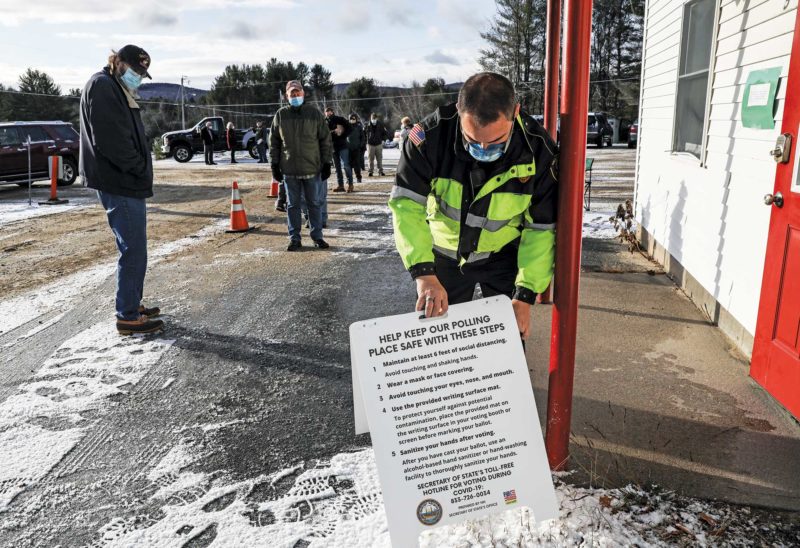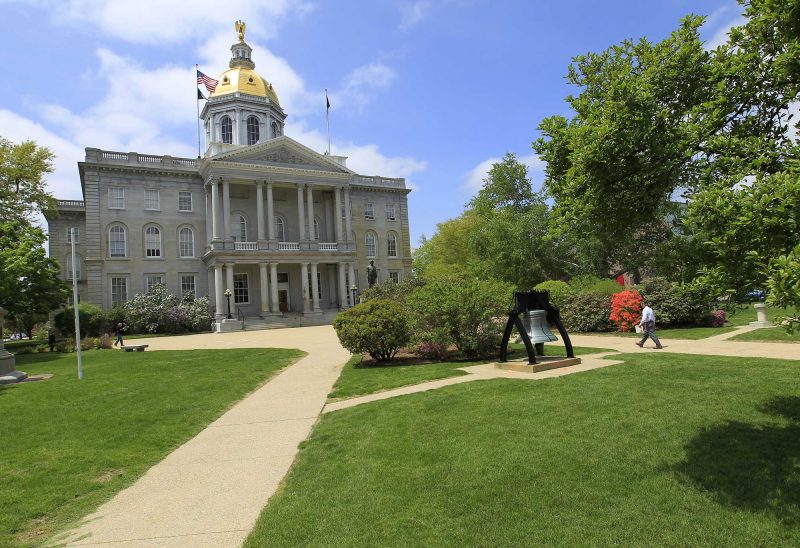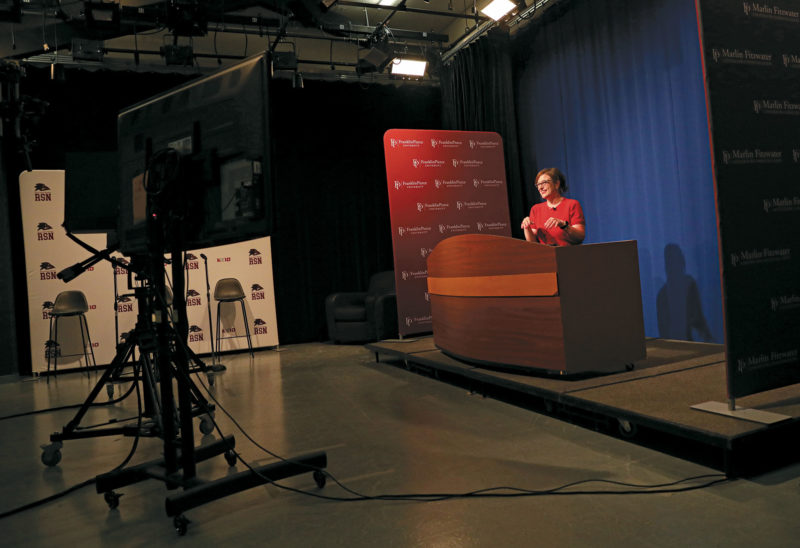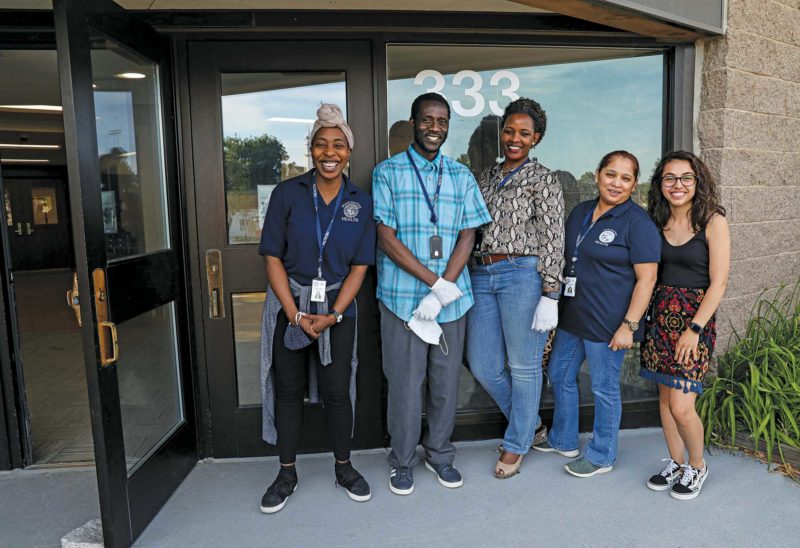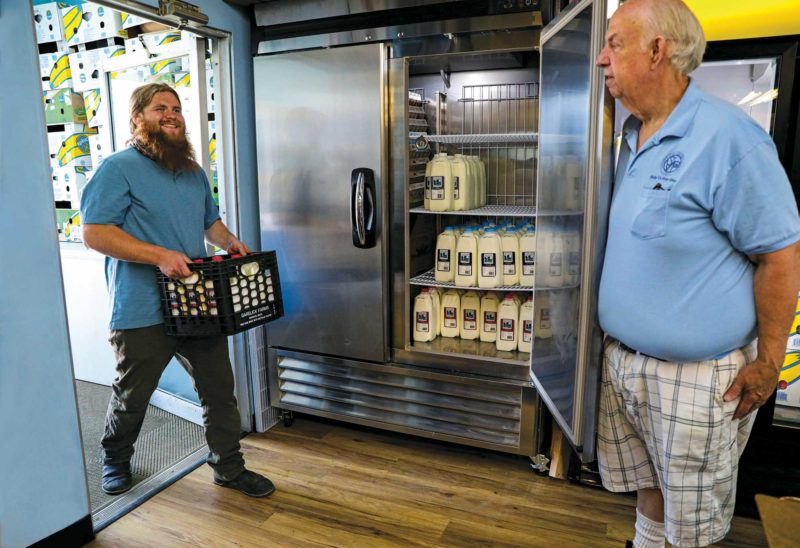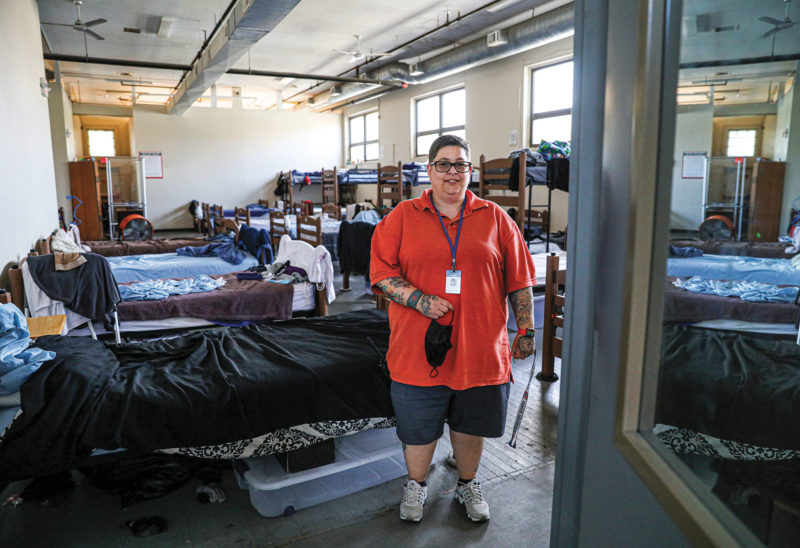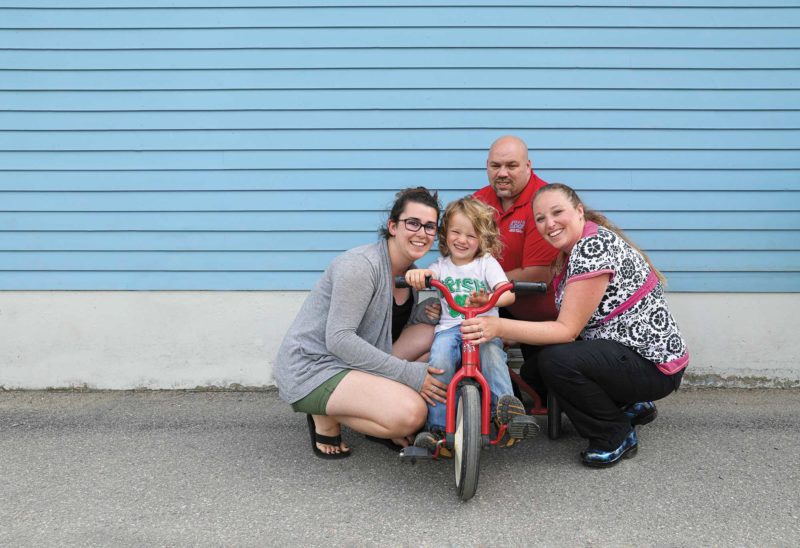People of color are getting sick with COVID-19 at rates starkly disproportionate to their representation in the population overall — in New Hampshire and across the country.
When New Hampshire’s COVID-19 Equity Response Team presented its report and recommendations to Gov. Chris Sununu in May, one recommendation was to deploy an army of COVID-19 Response Community Health Workers to help people of color access care, testing and other services and resources in their communities to improve health outcomes.
A grant from the Foundation’s Community Crisis Action Fund, combined with federal CARES Act funding, is making it possible for the City of Nashua to hire four community health workers to serve communities of color disproportionately affected by the pandemic.
“They are going to be such an essential part of our public-health workforce,” said Bobbie Bagley, director of the Nashua Division of Public Health and Community Services. “They will provide expertise in language and culture at testing clinics and with contact-tracing and will help people during quarantining. And they are going to be very instrumental in helping us with communication and dispelling misinformation.”
Black people account for six percent of COVID cases but 1.4 percent of the state’s population and Latinx people accounted for 12.2 percent of COVID cases in New Hampshire while comprising 3.9 percent of the population.
Nationwide, Black and Latinx people are three times more likely to be infected with the disease than Whites, and twice as likely to die.
According to an analysis of CDC data by researchers at the Brookings Institution, race gaps in death rates are even bigger than they appear. “Among those aged 45-54, for example, Black and Hispanic/Latino death rates are at least six times higher than for whites,” the Brookings report states.
The reasons for the startling differences in outcomes are multilayered and may include the fact that Black and Latinx people are disproportionately more likely to be essential and front-line workers.
“And,” said Bagley, many of those workers “are in the jobs that don’t provide some of the supports that other jobs do. So they may not be able to take the 14 days off with pay. They may not get the PPE, they may not get the additional resources in hazard pay. There are a lot of structural barriers. And when there is a need to quarantine, there is also a serious concern about ‘who is going to feed my family?’”
And disparities in health outcomes in other areas — resulting from an array of inequalities from poorer housing to health access — lead to even greater COVID risk.
“Black and Hispanic/Latino people may also more vulnerable to COVID-19 if they become infected, because of less access to health care or greater prevalence of co-morbidities such as hypertension, obesity, diabetes, and lung disease — which in turn reflect broader racial inequalities,” the Brookings report continues.
The community health workers in Nashua will also help people establish relationships with service providers to increase access to testing and care services, distribute masks and other prevention materials, facilitate translation of important public-health information, support employment efforts and housing security, and help with disease monitoring and control.
“Director Bagley and her team look after the public health of about 200,000 people in 13 communities,” said Anne Phillips, a senior program officer at the Charitable Foundation. “These community health workers will help make sure that more people are connected to the health resources they need to stay well, and to recover if they get sick.”
Nashua already employs two community health workers, and is hoping to add a member to the team who is fluent in Swahili and one who is fluent in Portuguese.
Apply to be a community health worker in Nashua, or call (603) 589-4500 for information.

